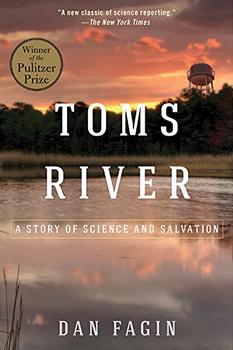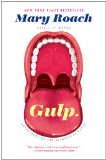Summary | Excerpt | Reviews | Beyond the book | Read-Alikes | Genres & Themes | Author Bio

How One Man and Half a Billion Honey Bees Help Feed America
by Hannah NordhausThe honey bee is a willing conscript, a working wonder, an unseen and crucial link in America's agricultural industry. But never before has its survival been so unclear - and the future of our food supply so acutely challenged.
Enter beekeeper John Miller, who trucks his hives around the country, bringing millions of bees to farmers otherwise bereft of natural pollinators. Even as the mysterious and deadly epidemic known as Colony Collapse Disorder devastates bee populations across the globe, Miller forges ahead with the determination and wry humor of a true homespun hero. The Beekeeper's Lament tells his story and that of his bees, making for a complex, moving, and unforgettable portrait of man in the new natural world.
The Beekeeper's Lament does a wonderful job at depicting the symbiosis between agriculture and bees, and it avoids contributing to the (occasionally) vapid media coverage that surrounds honeybees and CCD. It provides a story that is pragmatic, objective, and informative and is for readers who want to better educate themselves about ecological change and current agricultural practices without slogging through pages of scientific reports...continued
Full Review
(548 words)
This review is available to non-members for a limited time. For full access,
become a member today.
(Reviewed by Elizabeth Whitmore Funk).
 According to the United States Department of Agriculture, Colony Collapse Disorder (CCD) is a phenomenon in which bees mysteriously disappear from their hives. "The main symptom of CCD is simply no or a low number of adult honey bees present but with a live queen and no dead honey bees in the hive. Often there is still honey in the hive, and immature bees (brood) are present."
According to the United States Department of Agriculture, Colony Collapse Disorder (CCD) is a phenomenon in which bees mysteriously disappear from their hives. "The main symptom of CCD is simply no or a low number of adult honey bees present but with a live queen and no dead honey bees in the hive. Often there is still honey in the hive, and immature bees (brood) are present."
Though "scientific literature has several mentions of honey bee disappearances - in the 1880s, the 1920s, and the 1960s," specific cases of CCD began to occur in American apiaries in October 2006, and beekeepers across the country were confounded when thousands of honeybees began to disappear, leaving behind empty, healthy hives. Since then, the occurrence of...
This "beyond the book" feature is available to non-members for a limited time. Join today for full access.

If you liked The Beekeeper's Lament, try these:

by Dan Fagin
Published 2015
The riveting true story of sixty years in the life of a small town ravaged by industrial pollution, Toms River melds hard-hitting investigative reporting, a fascinating scientific detective story, and an unforgettable cast of characters into a sweeping narrative.

by Mary Roach
Published 2014
The irresistible, ever-curious, and always best-selling Mary Roach returns with a new adventure to the invisible realm we carry around inside.